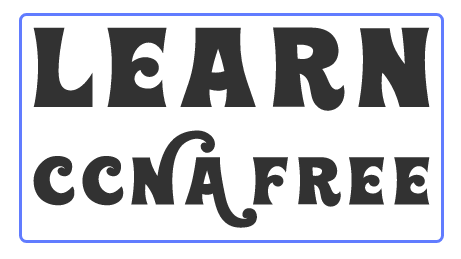The Cisco certifications program was drastically change on Feb. 24, 2020. There are no longer multiple CCNA exams and certifications – only an alone, comprehensive exam available. The new exam code is 200-301 CCNA and it full name “Implementing and Administering Cisco Networking Technologies”. According to Cisco, new exam “covers a broad range of fundamental based on the latest technology, software’s development skill, and job roles “.
The old CCNA certification
program, there was multiple concentrations exam and different learning path. So,
under the new rule, the below certifications have all been replaced by new
CCNA:
- ·
CCNA Cloud
- ·
CCNA Collaboration
- ·
CCNA Data Center
- ·
CCNA Industrial
- ·
CCNA Routing and Switching
- ·
CCNA Security
- ·
CCNA Service Provider
- ·
CCNA Wireless
- ·
CCDA (Cisco Certified Design Associate)
The specialization at
CCNA level is going away – you can now choose your specialization at CCNP level.
Older CCNA certificates
Your CCNA
certification that acquired under the old rule will be active until its
expiration dates. In February 2020,current CCNA certification has transitioned
to an equivalent in the new program. So if you have any of the current CCNA
certificate (Such that CCNA Industrial or CCNA Routing
and Switching), you will be automatically being granted the new CCNA
certificates.
About the new exam
200-301 is single exam, containing about 120 question. It covers a wide
rang topics, like routing and switching, security, wireless networking, and
some programming concept. other Cisco certification, you take it at any of the
Pearson VUE certification centre.
About the new curriculum
The below module
comprised in the new CCNA curriculum are:
·
Network Fundamentals – routers,
switches, TCP and UDP, IPv4 and IPv6.
·
IP level Connectivity – IP routing,
OSPFv2.
·
IP Services – NTP, DHCP, SNMP.
·
Security Fundamentals – VPN, wireless
security, port security.
·
Network Access and switching – VLAN and
trunking, Ether Channel.
·
Automation & Programmability – REST API,
Puppets, Chef, JSON, SDN.



0 Comments